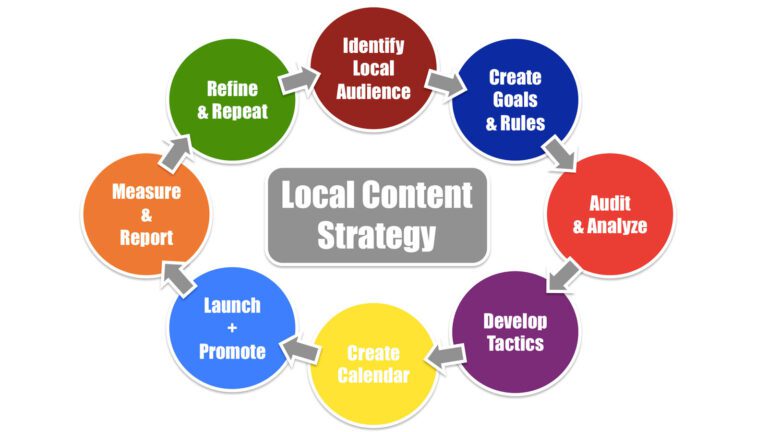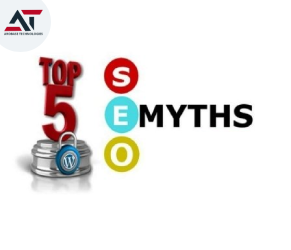- In today's digital age, having a strong online presence is crucial for small businesses to thrive. While global visibility is important, focusing on local search engine optimization (SEO) can significantly boost your business's visibility within your community. Local SEO strategies are tailored to target customers in your vicinity, helping you attract more foot traffic and increase sales. In this blog, we'll delve into effective local SEO strategies tailored for small businesses.
Optimize Your Google My Business Profile
- Google My Business (GMB) is a powerful tool for local SEO. Ensure your profile is complete and accurate, including your business name, address, phone number (NAP), website URL, and business hours. Encourage satisfied customers to leave positive reviews, as they can enhance your credibility and visibility in local search results.

Target Local Keywords
- Conduct keyword research to identify terms relevant to your business and location. Incorporate these keywords naturally into your website content, meta tags, and headings. Long-tail keywords containing your location can help you rank higher in local search results.

Create Location-Specific Content
- Develop content that caters to your local audience's interests and needs. Write blog posts, create videos, or share local events and news related to your industry. By demonstrating your knowledge of the local community, you can establish trust and authority, leading to higher search engine rankings.

Optimize for Mobile
- With the increasing use of smartphones, optimizing your website for mobile devices is essential for local SEO success. Ensure your site is mobile-friendly, loads quickly, and provides a seamless user experience across all devices. Google prioritizes mobile-friendly websites in local search results.

Local Link Building
- Build relationships with other local businesses, organizations, and influencers in your community. Seek opportunities for guest blogging, collaborations, or sponsorships that can earn you backlinks from reputable local websites. Quality backlinks from relevant sources can improve your website's authority and search engine rankings.

Utilize Local Directories and Citations
- List your business on reputable online directories such as Yelp, Yellow Pages, and TripAdvisor. Ensure your business information is consistent across all platforms, as discrepancies can confuse search engines and potential customers. These citations signal to search engines that your business is legitimate and relevant to local searches.

Optimize for Voice Search
- With the rise of voice-enabled devices like smart speakers and virtual assistants, optimizing your website for voice search is becoming increasingly important. Use conversational language and include natural-sounding phrases and questions that people might use when searching for businesses like yours locally.

Conclusion
- In conclusion, implementing effective local SEO strategies can significantly enhance your small business's visibility and attract more customers within your community. By optimizing your Google My Business profile, targeting local keywords, creating location-specific content, and building relationships with local businesses, you can improve your search engine rankings and drive more foot traffic to your storefront. Additionally, optimizing your website for mobile and voice search ensures you remain competitive in today's digital landscape. Remember that local SEO is an ongoing process, so regularly monitor your performance, adapt your strategies, and stay abreast of changes in search engine algorithms to maintain your competitive edge. With dedication and persistence, your small business can thrive and grow its local presence in the digital realm.



